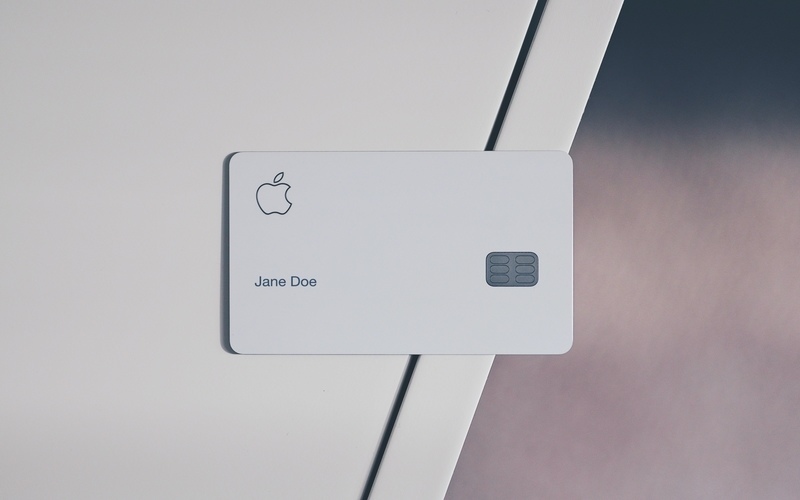Around 2.7 million low-paid workers are set to benefit from this increase.
Wages will now lift to about $22.61 per hour or $859.32 per 38-hour week before tax.
The new rates will apply from 1 July.
The Australian Council of Trade Unions (ACTU) called for a 7% wage increase, in line with inflation which is currently trending at an annual rate of 6.8%.
However, businesses pushed for a 3.5% increase, and argued that anything higher would leave them struggling to pay wages and bills.
Some even warned they may have to lay off staff as a result.
The 5.75% increase in minimum wages for this coming financial year is about midway between the 3.8% some business groups such as AiGroup hoped for, and the 7% sought by the ACTU.
Fair Work Commission President Justice Adam Hatcher said the wages panel determined the increase given today would not be inflationary.
“We are confident that the increase we have determined will make only a modest contribution to total wages growth in 2023-2024, and will consequently not cause or contribute to any wage-price spiral,” Mr Hatcher said.
“However, the level of wage increase we have determined is, we consider, the most that can reasonably be justified in the current economic circumstance.”
Judo Bank Economics Advisor Warren Hogan said the decision by Fair Work was the right one.
“The number is probably a little higher than Treasury and RBA assumptions,” Mr Hogan said.
“But not meaningfully so. It’s a good outcome. Maybe a touch higher than ideal but necessary.”
ACTU Secretary Sally McManus welcomed the result and said the minimum wage boost will make a huge difference to workers.
“The pay increase announced today will benefit one in four workers across Australia,” Ms McManus said.
“The union movement fought hard for this pay increase.
“All union members should be proud of this pay rise. It’s the largest increase to minimum and Award wages in Australia’s history.”
On the opposite side of the spectrum, Australian Retailers Association CEO Paul Zahra said the scale of this increase will be difficult for retailers to absorb.
“We’re experiencing a cost-of-living crisis – so it’s important that wages continue to grow; but we’re also continuing to experience a cost-of-doing-business crisis so it’s a very delicate balancing act to keep business operating sustainably,” Mr Zahra said.
“Many retailers are under enormous financial pressure, with rising operating costs across the board.
“We fear the scale of this increase will tip some businesses over the edge – especially smaller retailers who are on very slim profit margins or in some cases in negative cashflow territory.”
Speaking on Wednesday in front of a Parliamentary hearing, RBA Governor Philip Lowe said while wages growth wasn’t fuelling inflation, pay rises without improved productivity could keep inflation high.
“Over the last three years, there has been no increase in the average output produced per hour worked in Australia,” Mr Lowe said.
“That means unit labour costs growth in Australia is quite high. It’s a problem for the country and it’s a problem for the inflation outlook.”
First published on June 2023
Image by RDNE Stock Project Pexels



 Harry O'Sullivan
Harry O'Sullivan
 Harrison Astbury
Harrison Astbury

 William Jolly
William Jolly

